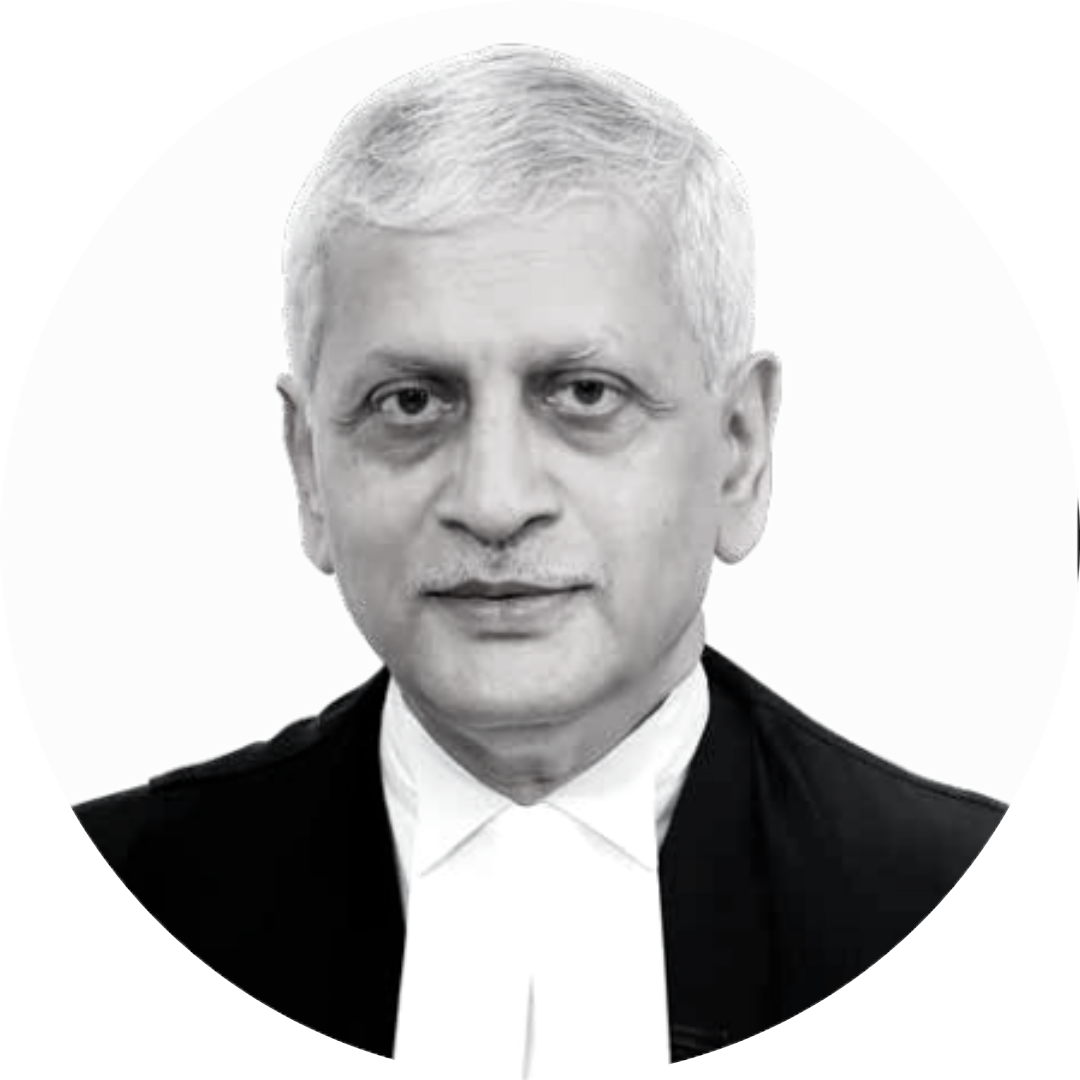TRAI Regulations on Broadcasters’ Pricing
Indian Broadcasting and Digital Foundation v Telecom Regulatory Authority of India
The Supreme Court will decide the constitutionality of Regulations issued by the Telecom Regulatory Authority of India imposing a lower limit on the price that broadcasters can charge for a ‘bouquet’ of channels. The Court will decide whether the Regulations violate the broadcasters’ Right to Freedom of Speech and Expression and their Right to Engage in Free Trade.
Pending
Parties
Petitioner: Indian Broadcasting and Digital Foundation Bangla Entertainment Private Limited Ashok Nambissan
Lawyers: Liz Mathew
Respondent: Telecom Regulatory Authority of India Union of India Zoom Entertainment Network Limited Tajender Khurana
Lawyers: Sanjay Kapur
Case Details
Case Number: SLP(C) No. 010801 - 010801/2021
Next Hearing: February 15, 2022
Last Updated: January 4, 2022
Key Issues
Does the imposition of a lower limit on the prices that broadcasters may charge for a ‘bouquet’ of channels violate the broadcasters’ Right to Freedom of Speech and Expression?
Does the imposition of a lower limit on the prices that broadcasters may charge for a ‘bouquet’ of channels violate the broadcasters’ Right to Engage in Free Trade?
Case Description
In 2017, the Telecom Regulatory Authority of India (TRAI) issued regulations on broadcasting, which were subsequently amended in 2020. The amended Regulations imposed a lower limit on the price that broadcasters could charge for bouquets (selections of TV channels offered in one ‘package’). TRAI issued these Regulations in exercise of its powers under s 11(2) of the TRAI Act, 1997. S 11(2) of the Act empowers TRAI to fix the rates of communication services, including broadcasting services.
Broadcasters challenged s 11(2) of the TRAI Act and the Broadcasting Regulations at the Bombay High Court. They claimed that the Act and the Regulations violated the Right to Free Speech and Expression (Article 19(1)(a) of the Constitution of India, 1950) and the Right to Engage in Free Trade (Article 19(1)(g)).
According to TRAI, the power to fix the rates at which broadcasting services are offered stems from the need to safeguard public interest. Airwaves are owned by the public and are scarce. This means that TRAI has the power to impose reasonable restrictions on their use.
On June 30th 2021, the Bombay High Court dismissed the petition, upholding s 11(2) of the Act and the Broadcasting Regulations. It said that a balance must be struck between the rights of broadcasters and the rights of the public, and that TRAI was empowered under Article 19(2) of the Constitution to impose ‘reasonable restrictions’ on the prices that broadcasters could charge for bouquets in public interest.
On July 13th 2021, broadcasters challenged the Bombay High Court judgment at the Supreme Court of India. They claimed that the Bombay High Court had erred in using ‘public interest’ to interpret the broadcasters’ Right to Freedom of Speech and Expression. This is because the reasonable restrictions on the Right to Free Speech and Expression under Article 19(1)(a) are enshrined in Article 19(2) of the Constitution, which does not recognize ‘public interest’ as a ground for restricting free speech.



